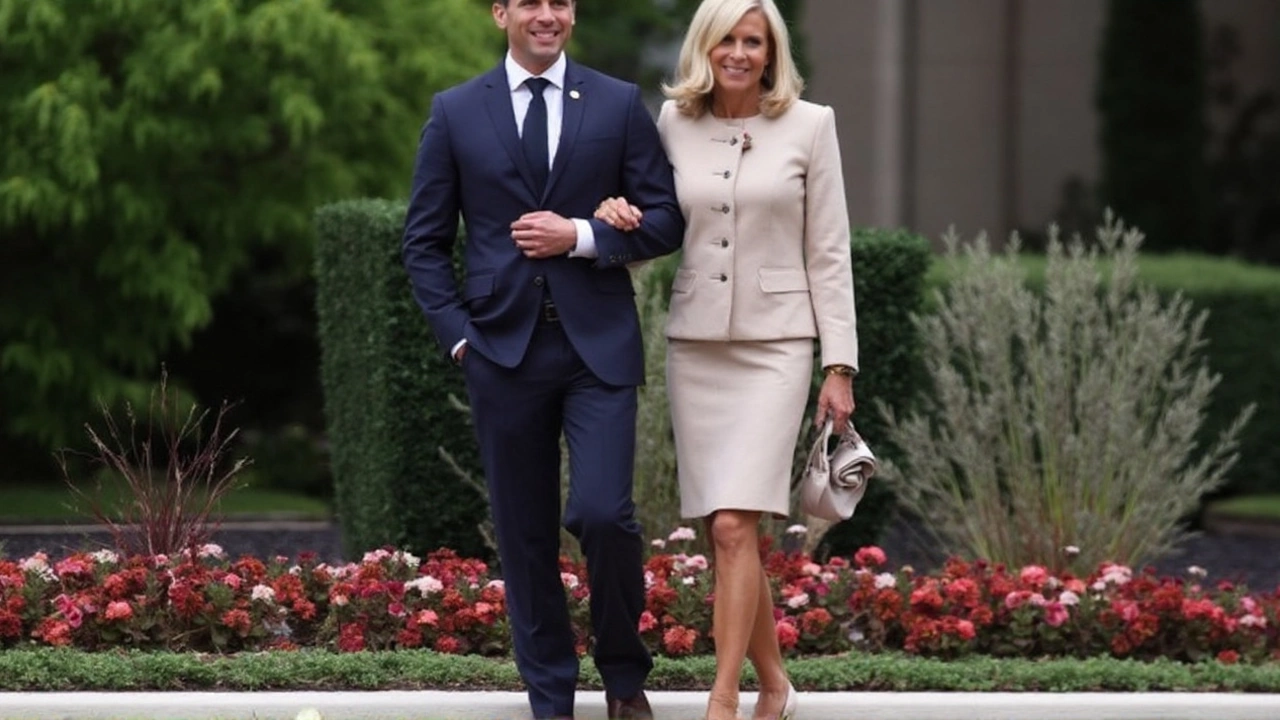Defamation Lawsuit: What You Need to Know
When dealing with defamation lawsuit, a legal claim filed when false statements harm a person’s reputation. Also known as libel case, it forces the accused to prove the truth of their words or face damages. Understanding this process helps anyone—from a soccer fan reading a controversial column to a player facing false rumors—navigate the legal maze.
Core Elements and Related Concepts
A claim only succeeds if four pieces line up: a false statement, publication to a third party, fault (negligence or actual malice), and measurable harm. The libel, written defamation satisfies the publication requirement instantly, while slander, spoken defamation often needs proof of special damages unless the subject is a public figure. Media outlets, blogs, and even social‑media posts can trigger a lawsuit if they repeat unverified claims. In sports, a single tweet alleging a player used performance‑enhancing drugs can lead to costly litigation, showing how tightly reputation and legal risk intertwine.
Beyond the basics, media law, the regulatory framework governing press and broadcasting shapes what can be said publicly. Journalists must balance the public’s right to know with the duty to avoid false accusations. For clubs and athletes, understanding media law means drafting tighter communication policies and preparing rapid response plans when rumors surface. A well‑crafted press release or a quick denial can sometimes stop a story before it becomes a full‑blown lawsuit.
Practical steps are simple: verify sources before publishing, keep records of fact‑checking, and when in doubt, seek legal counsel. For individuals, monitoring online mentions and issuing corrections early can limit damage. For organizations, training staff on defamation risk and establishing a clear escalation path for controversial stories are essential. Remember, the burden of proof often shifts to the plaintiff, but the cost of defending a case—legal fees, reputational fallout, and lost sponsorships—can be far higher than any settlement.
Below you’ll find a curated mix of articles that explore real‑world defamation scenarios, from a Bangkok sinkhole controversy that sparked media backlash to the quirks of fantasy soccer platforms that sometimes spread false player rumors. These pieces illustrate how defamation lawsuits touch everything from infrastructure reporting to online gaming, giving you a broad view of the stakes and strategies involved. Dive in to see how the principles discussed here play out across different contexts and discover actionable tips you can apply right now.
